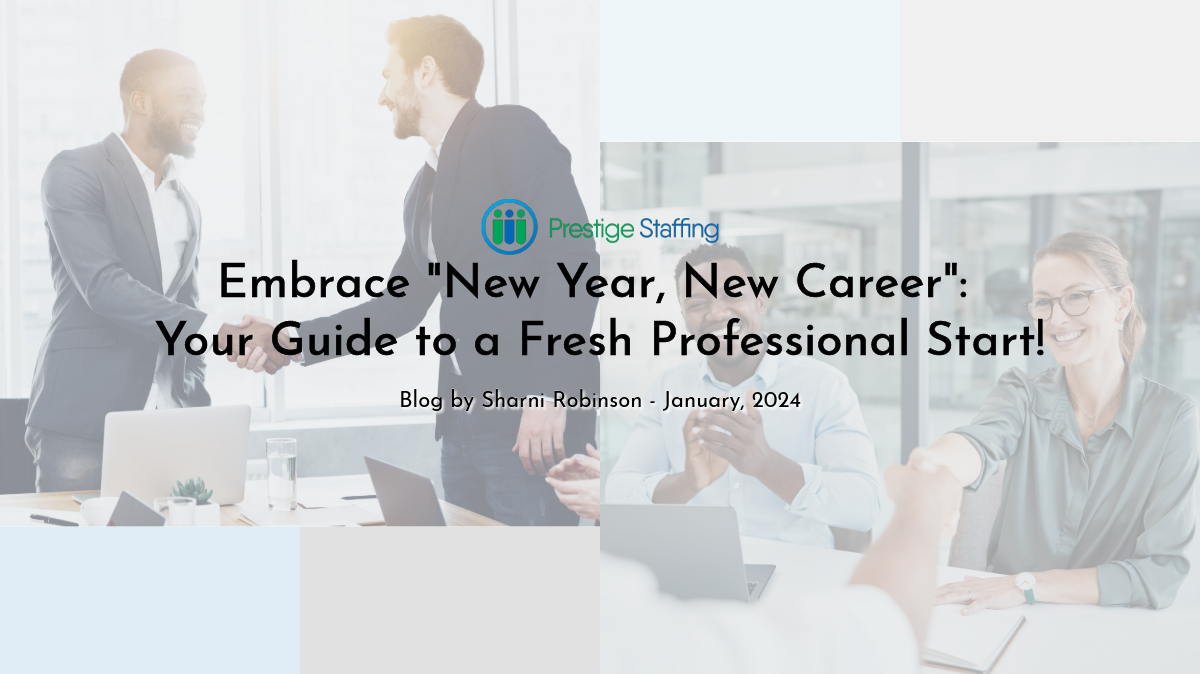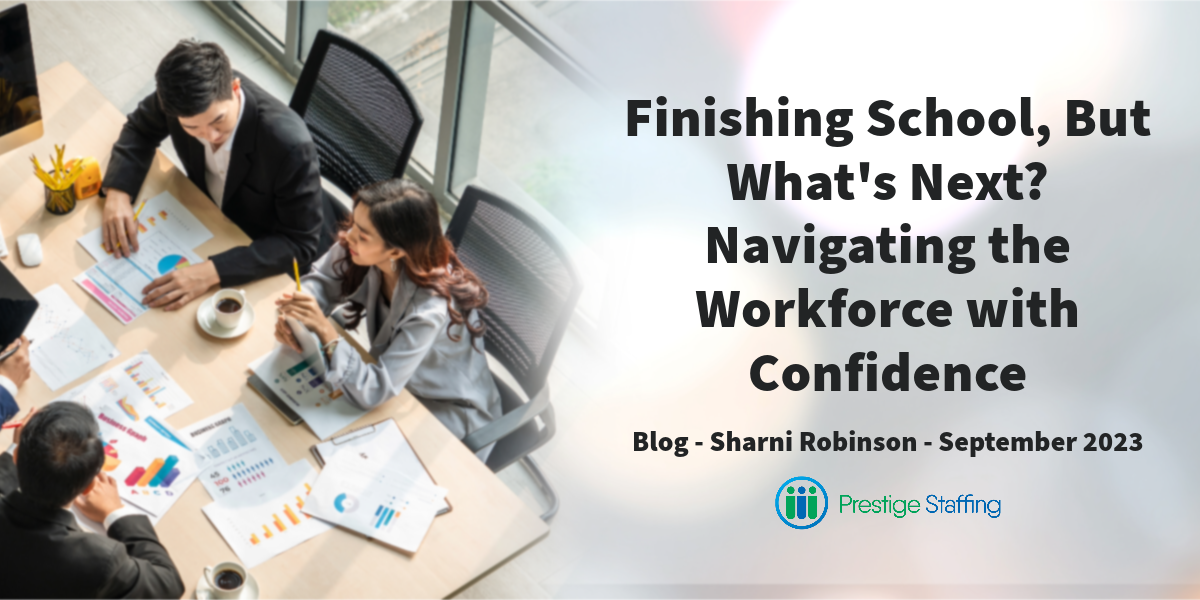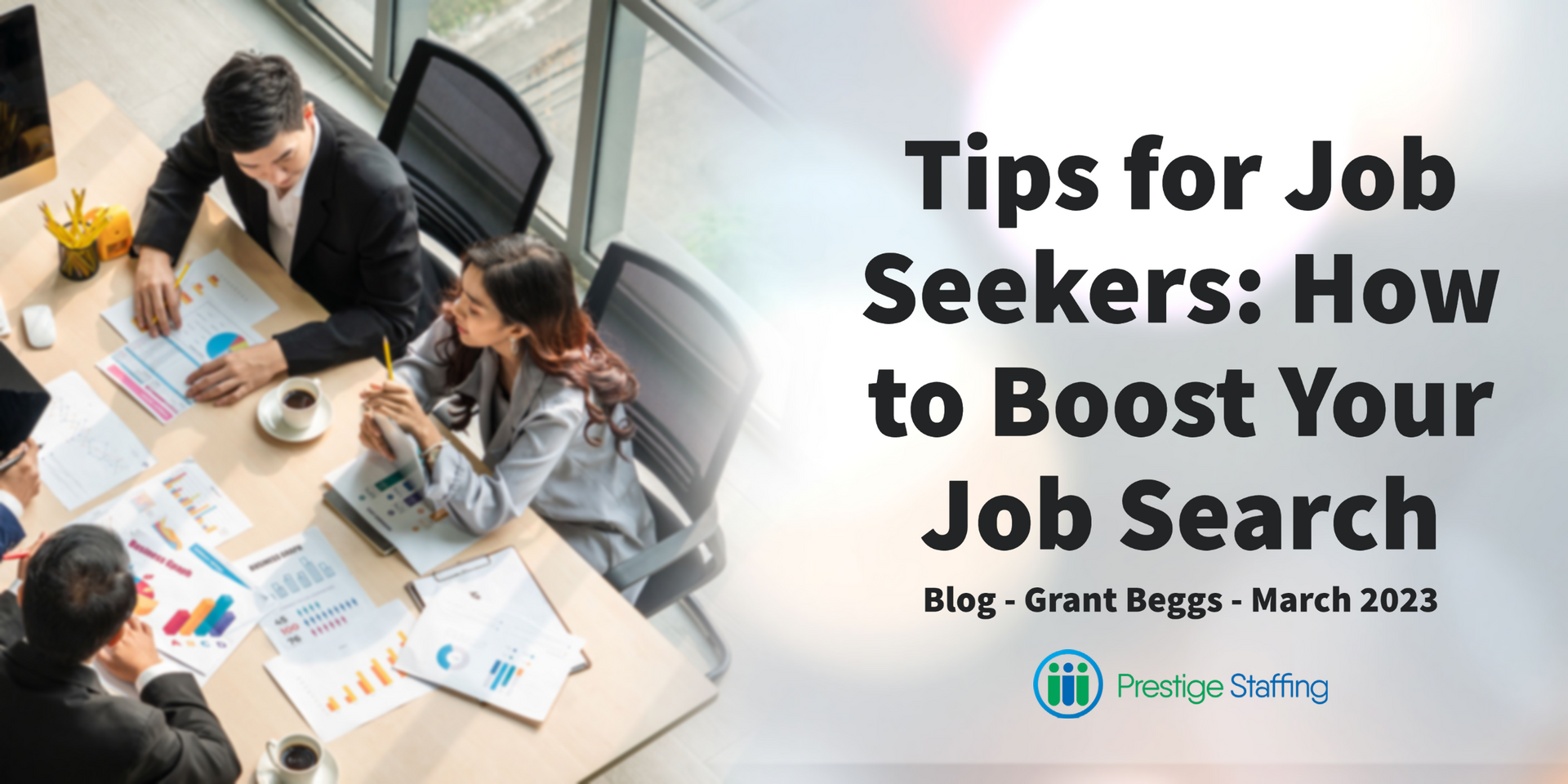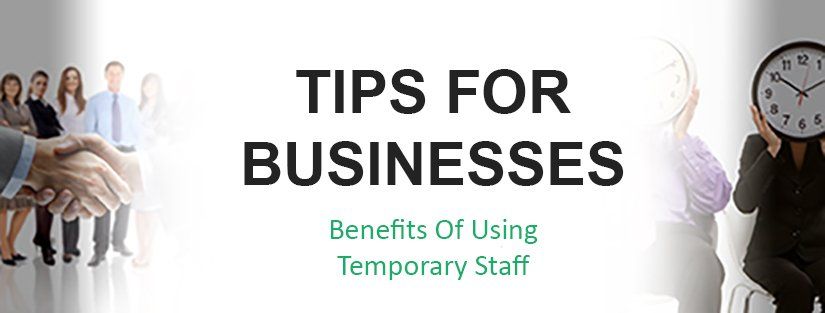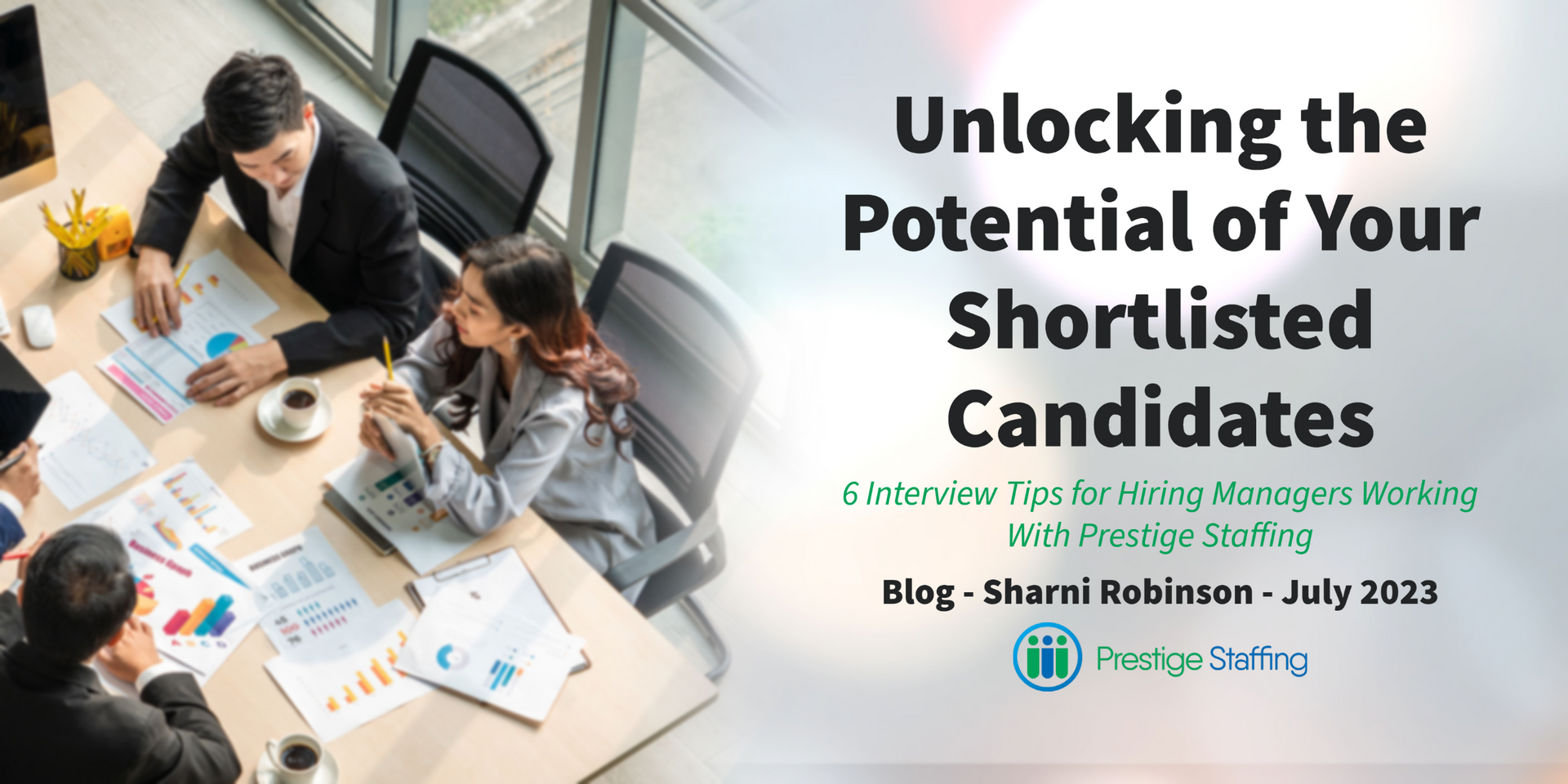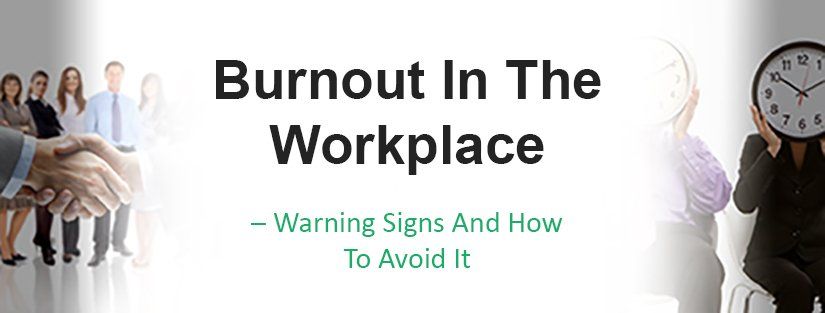
Having worked in Human Resources and Recruitment my entire professional career, I have had the honour of meeting and teaming up with some fascinating humans over the journey.
I have met and worked with people in a range of industries and from all walks of life - from Gen X to Gen Y; the clear thinkers and the over-thinkers; the easy-going and the stressers; the chatters and the heads-down keyboard pounders; the effective planners and the gritty-grinders.
I myself am in the infant-stages of my career, but if there is one common theme I have quickly discovered, it is that the people that dedicate their work-lives to literally grinding out each day will suffer from a very quick and negative change to their overall demeanour.
Employees who unnecessarily push themselves through states of emotional, physical and mental exhaustion will suffer the prolonged effects of Burnout – and I’m not talking about spinning your car tyres in the back carpark!
Think of your mind and body as a car: if you continue to spin the wheels, never have an oil change and skip major services – your car is going to end up on the scrap heap. We wouldn’t do this to our car, so why should we not give ourselves the same type of care?
You find “old-school” employees who think working more hours will automatically equate to more production and greater overall work completed. It’s a nice theory passed down from our dictator-like management predecessors, but more working hours (and more often than not extra unnecessary hours) also leads to quicker burnout.
Many people think of burnout as the end result – you can’t physically or mentally work anymore. However, it is actually the initial effects of burnout that can have disastrous effects on your health, and impact the relationships you have with friends, family and colleagues.
Starting to feel burnt-out leads to more days off, lower amounts of productivity and a lack of rational thinking. People will often feel tired, unmotivated, and have lower levels of attention to detail.
Possibly the worst effect of burnout is the way it can change a person’s workstyle and overall personality. They can slip into a state of cynicism and callousness, and have increased feelings of shame, helplessness and self-doubt within their team. They begin to question their belonging in their own workplace; nothing ever seems to go their way, and they feel on edge due to the continual stress on their mind and body.
That change in attitude can also impact the rest of your team; it creates a negative culture in the workplace – with everyone feeling as though they have to walk on eggshells around certain people.
However, not all is lost! There are some really simple measures you can take to switch your mind frame and lessen the effects of burnout or hopefully avoid it all together.
These measures can be as simple as watching a webinar or reading an industry-related article (or blog!) to spark new creativity, walking away from your desk for something other than lunch or even working in a new location (those chairs and couches around the office aren’t there for decoration!).
Also, don’t be afraid to use a week’s worth of that 500+ hours of annual leave you have been hoarding for no good reason. Step away from work, recharge, and try something new.
As I alluded to earlier, burnout can cause a real divide between a person and the rest of their team. Rather than pushing people away, if there is something you are really stuck on at work, don’t be afraid to ask for help or even attempt job-sharing. Your team is there to help and will appreciate the opportunity to brain-storm new ideas with you.
From an employer perspective, you need to recognise the early signs of staff burnout and the stress people might be under. This can easily be achieved through strong and constant communication with your team but on a more personal level.
Try communicating with your team and asking them personal questions. Instead of the old “Good morning, what are you doing at work today?” question, try switching it to “Good morning, how are you, what did you do last night, and how is your family going?”. This is a form of emotional engagement, a skill which many of us lack and is missing from many workplaces.
By asking personal questions, you are touching on and stirring up a person’s emotions. This makes us reflect and think about how those questions truly made us feel. That leads to positive emotional experiences for your staff: employees who feel they are being emotionally engaged (i.e. listened to) will become more productive and engaged in work overall.
It’s a sense of personal belonging – if a person feels they belong, they will believe in the cause of your business and be more productive and efficient workers. Try implementing regular one-on-one catchups with your staff - many people will benefit from the personal engagement you provide them.
Most importantly, make sure your team knows its ok to speak up and can come to you without fear of retribution
We only have one mind, one body and one work life; don’t end up on the scrap heap, treat yourself to an oil change once in a while.
